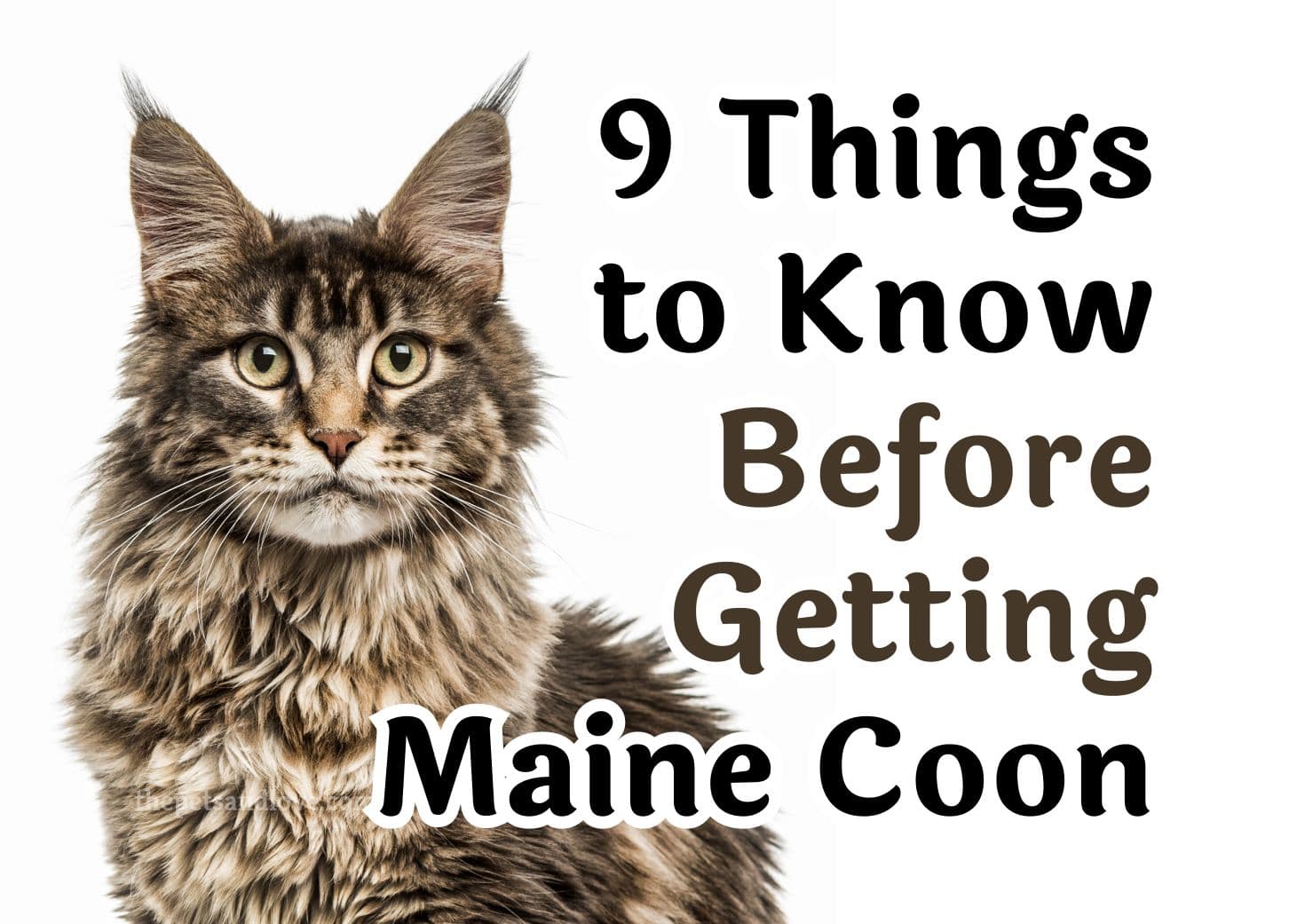Essential Tips for Owning a Maine Coon Cat

Thinking of bringing home a Maine Coon? Let me tell you — they’re absolute sweethearts in lion-sized bodies. I’ve been around a fair number of cat breeds, and Maine Coons are one of the most lovable, gentle, and striking companions you can have. But before you commit to one of these fluffy giants, here’s what you really need to know — not just the fun facts, but the everyday realities of living with one.
Maine Coons: Big Cats, Bigger Hearts
Yes, Maine Coons are enormous. Males can weigh up to 18 pounds or more, and females aren’t exactly petite either. They’re long, tall, and built like little bobcats — especially with those tufted ears and lion-like manes. But don’t let their size fool you. These cats are total softies.
They’re often called the “dogs of the cat world” because they’re so people-oriented. They’ll follow you from room to room, chirp at you for attention, and fit right into big families, kids included. Ours liked to plop down in the middle of the living room chaos and just observe like a wise old guardian.
Not Wild, Just Fluffy
Despite their “wildcat” look, Maine Coons are far from feral. They’re sociable, mellow, and adaptable. But like any cat, they need proper socialization — especially if you have kids, other pets, or a busy household. Start early, be gentle, and give them space when they need it. They’ll respond with loyalty and love.
Where Did They Come From?
The origin of the Maine Coon is still a bit of a mystery. Some say they came over with European settlers, others think they developed naturally in the forests of Maine. Either way, they’ve been farm cats and mousers for generations — which may explain their rugged build and hunting instincts. Yes, they’re cuddly, but they haven’t totally forgotten how to stalk a toy mouse.
Family-Friendly? Absolutely.
Maine Coons are one of the most kid-tolerant cat breeds I’ve seen. Their calm nature makes them great with children of all ages — assuming, of course, that the kids treat them with respect. If you’re expecting a baby or introducing a Maine Coon to a toddler, take it slow. Let your cat explore new smells (baby clothes work wonders), and always supervise early interactions.
Big tip: don’t suddenly stop giving your cat attention when the baby arrives. Jealousy is real, even in cats. Keep up the snuggles and playtime.
Pet-Friendly, Too
Got other pets? A well-socialized Maine Coon usually adapts just fine. Introduce them gradually — scent swapping, slow visual introductions through doors or gates, and lots of positive reinforcement go a long way. Don’t panic over a hiss or swat; that’s just communication. Let them figure out their dynamic at their own pace.
Just maybe don’t test your luck with small rodents — these cats were bred to catch barn rats, and some instincts run deep.
Make Room for a Giant
If your last cat was a petite tabby, you’ll need to upgrade. Maine Coons need bigger beds, sturdier scratching posts, and wider perches. Reinforce shelves if they’re going to jump on them. And forget those dainty little cat trees — go for something that can handle the weight of a feline linebacker.
Grooming Isn’t Optional
Maine Coons have thick, semi-long coats that can mat if you’re not on top of grooming. Ours loved being brushed, but it took some getting used to. Daily brushing is ideal, especially during shedding season. You’ll also want to check their ears, trim nails, and keep an eye on their teeth.
They’re not as high-maintenance as Persians, but don’t assume they’ll take care of everything themselves.
Health: Mostly Hardy, But Watch for These
Maine Coons are generally healthy, but like many large breeds, they’re prone to a few genetic conditions. The big ones to watch:
- Hypertrophic Cardiomyopathy (HCM) – a common heart issue in cats
- Hip Dysplasia – more typical in dogs, but it can show up in Maine Coons too
- Arthritis – especially as they age
Regular vet visits and early screenings can help catch problems before they become serious.
Smart, Affectionate — But Still Cats
Maine Coons are clever and trainable, but they’re still cats. They won’t fetch your slippers or obey commands like a dog (unless they feel like it). They’ll learn routines, respond to their name, and even play games — but always on their terms.
Respect their independence, and they’ll reward you with headbutts, slow blinks, and the kind of companionship that’s hard to put into words.
So, is a Maine Coon right for you? If you’ve got the space, the time, and the love to give, absolutely. They’re not low-effort cats, but they’re worth every bit of care. Just be ready — once you’ve had a Maine Coon, all other cats start to feel a little... small.
